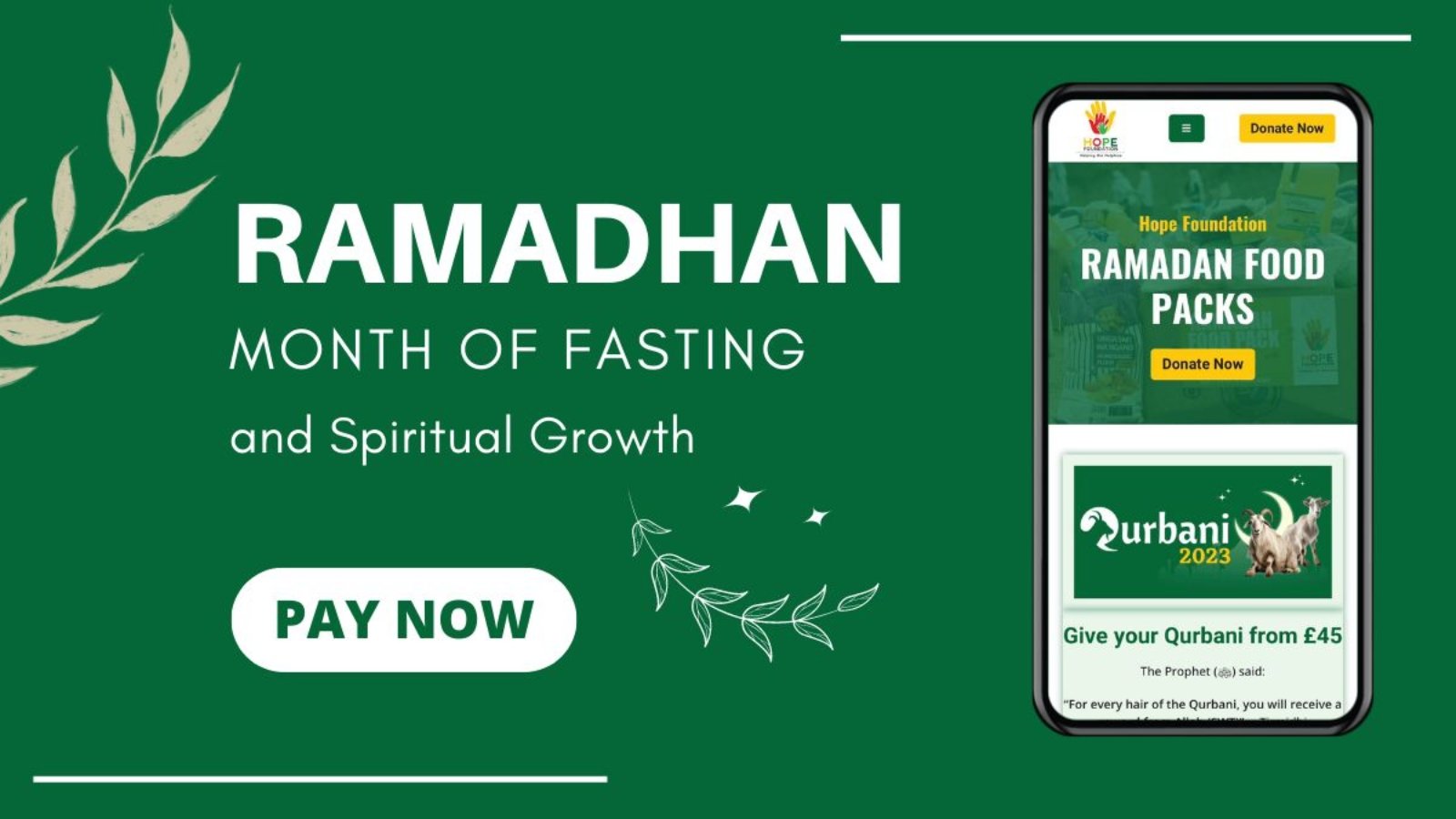Introduction:
Ramadan, known as the holy month for Muslims around the world, is a time of reflection, devotion, and spiritual growth. It is a period of intense fasting, prayer, and self-discipline that holds great significance in the Islamic faith.
Fasting for 29 or 30 days, Ramadan is more than just abstaining from food and drink from dawn to sunset; it is a transformative experience that allows Muslims to deepen their connection with Allah (God) and seek spiritual purification.
The Significance of Ramadan:
Ramadan is the ninth month of the Islamic lunar calendar and commemorates the revelation of the Quran to Prophet Muhammad (peace be upon him).
It is considered the holiest month for Muslims and is marked by various acts of worship and reflection. The primary focus of Ramadan is fasting, which serves as a means of self-discipline, empathy, and spiritual cleansing.
Muslims believe that during this month, the gates of heaven are open, the gates of hell are closed, and the devils are chained.
It is a time when Muslims intensify their efforts to seek forgiveness, practice generosity, and strive for personal growth.
Fasting during Ramadan:
Fasting is the central pillar of Ramadan and is obligatory for all adult Muslims, with certain exceptions such as illness, pregnancy, or menstruation.
From dawn to sunset, Muslims abstain from food, drink, smoking, and other physical needs. It is not merely refraining from nourishment but also encompasses controlling one’s thoughts, actions, and desires.
The physical act of fasting is a reflection of the inner struggle for self-discipline and righteousness.
During the fast, Muslims experience hunger, thirst, and fatigue, which reminds them of the less fortunate and instills empathy and gratitude. It teaches patience, self-control, and restraint.
Moreover, fasting is believed to purify the soul, increase self-awareness, and enhance one’s consciousness of Allah’s presence.
It is a time to reflect on one’s actions, seek forgiveness, and renew one’s commitment to living a righteous life.
Prayer and Spiritual Reflection:
In addition to fasting, Ramadan is a month of increased devotion and prayer.
Muslims engage in extra acts of worship such as Taraweeh prayers, which are special night prayers performed in congregation after the evening prayer.
These prayers are an opportunity to recite and reflect upon the Quran, seek spiritual closeness to Allah, and supplicate for forgiveness and blessings.
Furthermore, Ramadan encourages Muslims to engage in constant remembrance of Allah throughout the day. The increased acts of devotion and spiritual reflection create an atmosphere of tranquility, serenity, and mindfulness.
It allows individuals to detach from worldly distractions and focus on their relationship with Allah, seeking His guidance, mercy, and forgiveness.
Acts of Charity and Generosity:
Ramadan is also a time of immense generosity and compassion.
Muslims are encouraged to give generously to those in need, as it is believed that the rewards for good deeds during this month are multiplied.
It is common to witness the establishment of community food drives, charitable events, and distribution of meals to the less fortunate.
Such acts of charity not only provide for those in need but also foster a sense of unity, compassion, and empathy within the community.
The Benefits of Ramadan:
Ramadan offers numerous benefits that extend beyond the spiritual realm. Fasting has been scientifically proven to have various health benefits.
The controlled eating pattern helps regulate metabolism, promote weight loss, and improve digestion. It also allows the body to detoxify and reset, leading to increased vitality and overall well-being.
Additionally, the increased focus on prayer and self-reflection during Ramadan promotes mental clarity, emotional stability, and mindfulness.
The Sense of Community:
Ramadan serves as a unifying force within the Muslim community.
The shared experience of fasting and engaging in acts of worship brings individuals together, reinforcing the sense of brotherhood and sisterhood.
Muslims gather for iftar (the meal to break the fast) and suhoor (the pre-dawn meal) with family, friends, and neighbors.
These communal gatherings foster social connections, strengthen relationships, and promote a spirit of harmony and cooperation.
Conclusion:
Ramadan is a sacred month that offers Muslims a unique opportunity for spiritual growth and self-reflection.
Through fasting, prayer, charity, and acts of devotion, Muslims strive to deepen their connection with Allah, seek forgiveness, and enhance their spiritual well-being.
The month of Ramadan not only strengthens the individual’s relationship with God but also promotes unity, empathy, and compassion within the community.
It is a time of self-discipline, self-improvement, and a chance for personal transformation. May this month bring blessings, peace, and spiritual growth to all those observing Ramadan.


